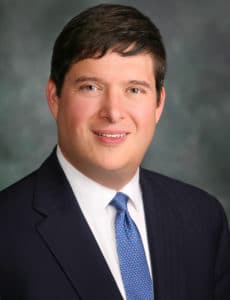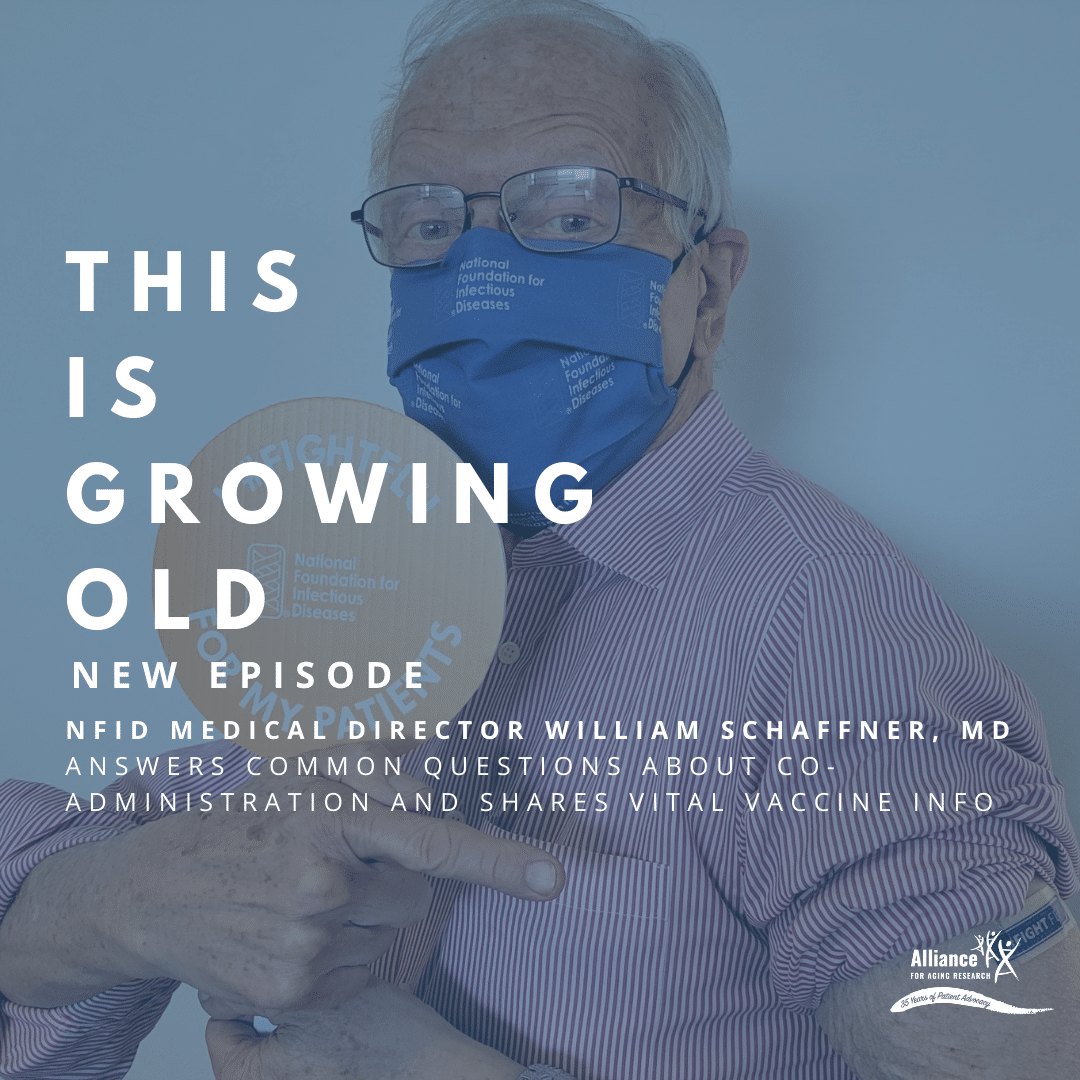
As I write this, the Coronavirus, or COVID-19, is still spreading sickness and fear throughout the world. In some countries, the virus has been driven into submission, although there are serious questions about whether this is a temporary pause, or a permanent reprise. Other countries are still tallying up its damage, both in terms of loss of life and economic devastation.
Regardless of its ultimate path here in the United States, COVID-19 has been a harsh reminder that older adults are especially vulnerable during a health care crisis. However, if there is any positive to this unprecedented threat, it is that many of the lessons learned in this time of extraordinary risk are applicable to the ongoing care of older adults. Even when faced with a life-threatening pandemic, there is a lot we can do individually and societally to protect our loved ones and ourselves.
It is an unalterable fact that the immune system declines with age. Much can be done to slow this process through diet, exercise, and managing stress, for instance. And not all individuals experience the decline at the same rate. But across the board, this puts people sixty and over at greater risk for a variety of conditions, and the Coronavirus is no exception. Given this fact, as well as a welter of sometimes conflicting information as COVID-19 emerged, the Alliance for Aging Research, in partnership with the National Foundation for Infectious Diseases, urged “businesses, schools, and federal and state governments to work together to mitigate community spread of COVID-19 and help protect older adults.” Beyond that, they compiled an easy-to-access section on their websites, devoted to “Common Questions and Answers About COVID-19 For Older Adults and People With Chronic Health Conditions.” This section has been updated frequently to stay apace of the progress of the pandemic as well as public concerns. It also addresses basic questions such as when to call a health care professional, how to protect oneself and others from being infected with the virus, and how this virus is different from seasonal flu and allergies. While these questions are specific to COVID-19, much of the information on the site is valuable for anyone experiencing comparable situations brought on by the illness of a loved one. This includes specifics on why older Americans are at higher risk for a variety of challenging conditions, how to prepare for an extended stay at home, and simple but essential directions for thorough hand washing to stop the spread of disease.
The Alliance for Aging Research is committed to “accelerating the pace of scientific discoveries and their application to vastly improve the universal human experience of aging and health.” Whether COVID-19 is here for a long-duration, or will shortly recede into medical history, we anticipate remaining a trusted source of science-based information to help you navigate this new normal.
Jim Scott serves as the chair of the Alliance for Aging Research’s Board of Directors. He is also the president and CEO at Applied Policy in Washington, D.C.






